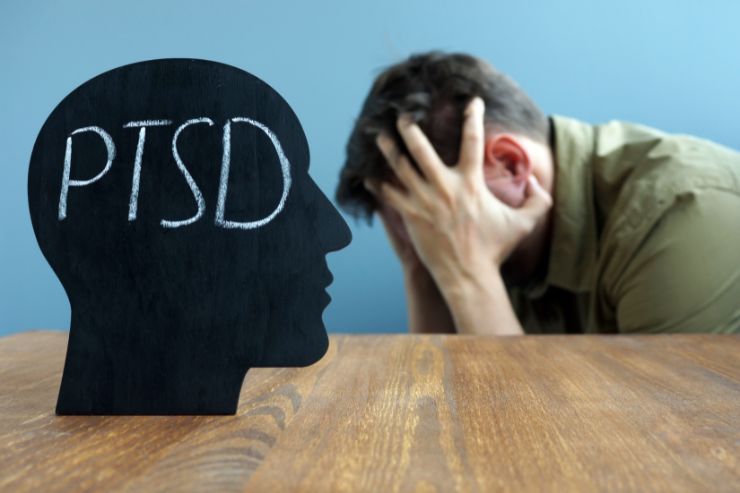
Post-Traumatic Stress Disorder (PTSD) is a mental health condition triggered by experiencing or witnessing a traumatic event. Individuals with PTSD may relive the traumatic experience through intrusive memories or flashbacks, and often experience intense emotional distress. This disorder can arise from various events such as accidents, natural disasters, combat, sexual assault, or any situation involving severe harm or threat. The symptoms can significantly impact daily functioning, relationships, and overall quality of life.
The symptoms of PTSD are categorized into four main groups: intrusive memories, avoidance, negative changes in mood and cognition, and heightened arousal. Intrusive memories may include flashbacks, nightmares, or distressing recollections of the traumatic event. Avoidance involves steering clear of reminders of the trauma, such as avoiding certain places or conversations. Individuals may also experience negative changes in mood and cognition, including persistent negative emotions, distorted beliefs about oneself or others, and difficulties in maintaining relationships. Heightened arousal symptoms can manifest as increased irritability, difficulty sleeping, hypervigilance, and exaggerated startle responses.
Treatment for PTSD often involves a combination of psychotherapy and medication. Trauma-focused therapies, such as Cognitive Behavioral Therapy (CBT) and Eye Movement Desensitization and Reprocessing (EMDR), are effective in helping individuals process and integrate traumatic memories, and develop healthier coping mechanisms. Medications, including selective serotonin reuptake inhibitors (SSRIs), can help manage symptoms such as anxiety and depression. Support from mental health professionals, along with a strong support network from family and friends, is crucial in the recovery process. If you or someone you know is experiencing symptoms of PTSD, seeking professional help is essential for managing the disorder and improving overall well-being.